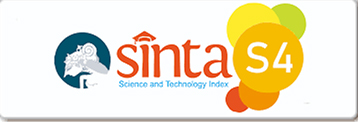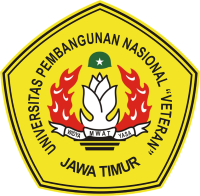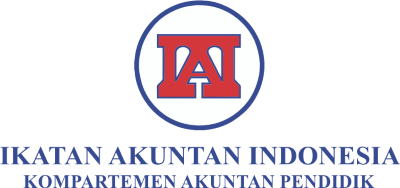Perilaku Whistleblowing, Perspektif Theory Of Planned Behavior dengan Gender Sebagai Pemoderasi
DOI:
https://doi.org/10.33005/baj.v5i2.166Keywords:
Attitude, Subjective Norm, Behavioral Control, Intention to Do Whistleblowing, GenderAbstract
This study aims to test and analyze empirically the effect of attitudes, subjective norms, and behavioral control on the intention to commit whistleblowing moderated by gender using the theory of planned behavior. This research uses a quantitative approach. The population of this research is students of the Accounting Department, Faculty of Economics and Business, Airlangga University batch 2016. The samples obtained are 100 accounting students at Airlangga University Class of 2016. The data of this study are primary data obtained by distributing questionnaires directly to respondents. The analytical technique used in this research is Partial Least Square (PLS) using SmartPLS 2.0. The results of the study prove that Airlangga University students majoring in Accounting have the intention of whistleblowing in Airlangga University students who are supported by good ethical behavior but are still afraid to do so. Behavioral control can increase the intention to do whistleblowing, while subjective norms have not contributed, while only the gender variable can strengthen the attitude of students to carry out whistleblowing intentions and female students are more daring to become whistleblowers.
Downloads
Published
How to Cite
Issue
Section
License

This work is licensed under a Creative Commons Attribution 4.0 International License.

This work is licensed under a Creative Commons Attribution 4.0 International License.














